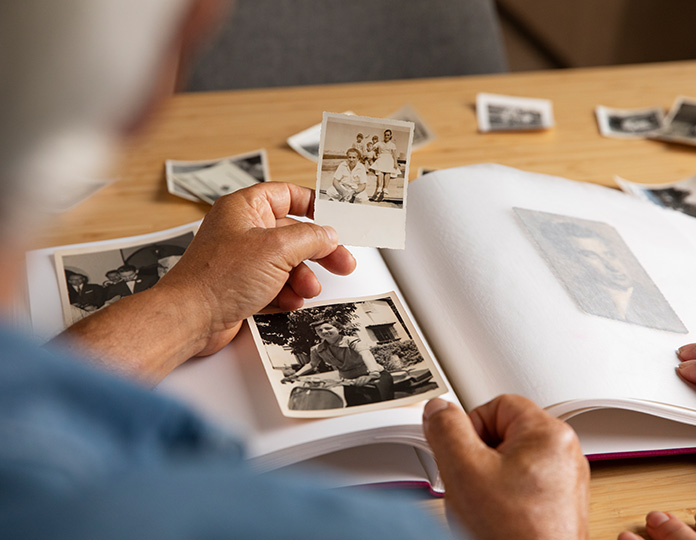In the vast realm of cognitive abilities, few fascinate and intrigue as much as the concept of “photographic memory.” Often depicted in movies and books as an extraordinary superpower, photographic memory is a subject that captivates both scientific researchers and curious minds. In this article, we will embark on a journey to unravel the mysteries behind this unique cognitive phenomenon.
What is Photographic Memory?
Before delving into the intricacies, let’s establish a fundamental understanding. Photographic memory, also known as eidetic memory, refers to the ability to vividly recall images, sounds, or objects with an extraordinary level of detail after only a brief exposure. Those possessing this ability can essentially “photograph” their surroundings mentally and access these images at will.
The Science Behind Photographic Memory
The Brain’s Marvelous Mechanism
Understanding photographic memory begins with the brain’s remarkable capacity to process and store information. Researchers are still unraveling the specifics, and many widely believe that the hippocampus, responsible for memory formation, plays a pivotal role in this phenomenon.
Nature vs. Nurture
The debate surrounding the origins of photographic memory is a fascinating one. Some argue that it is an innate trait, while others believe it can be cultivated through training and practice. We will explore this duality to shed light on its development.
The Myths and Realities
The Limitations of Perfect Recall
Contrary to popular belief, photographic memory does not equate to infallible recall. We will discuss the limitations and misconceptions associated with this cognitive trait.
The Role of Emotions
Emotions and memories are deeply interconnected. We will examine how emotions can influence the accuracy and accessibility of memories in individuals with photographic memory.
Can Photographic Memory Be Acquired?
Techniques and Training
For those intrigued by the idea of possessing a photographic memory, we will explore various techniques and exercises purported to enhance memory recall and visualization skills.
Real-Life Examples
We’ll delve into the lives of individuals who claim to have acquired photographic memory and the methods they employed to achieve this extraordinary feat.
The Practical Applications
Photographic Memory in Education
One area where an exceptional memory could have a significant impact is education. We will explore how this ability can be leveraged to enhance learning and retention.
Professional Advantages
In the professional world, certain careers require an exceptional memory. We will investigate how individuals with an extraordinary memory may gain a competitive edge in their chosen fields.
The Challenges of Photographic Memory
Cognitive Overload
With great memory comes great responsibility. We will discuss the challenges individuals with this exceptional memory may face in managing their immense mental archives.
Privacy Concerns
The ability to recall details with such precision raises ethical questions about privacy. We will examine the potential ethical dilemmas associated with this extraordinary memory skill.
Conclusion
In conclusion, this exceptional skill is a captivating subject that blurs the lines between reality and fiction. Although it might not match the superpower depiction in popular media, it certainly stands as a remarkable cognitive ability deserving more exploration and comprehension.








